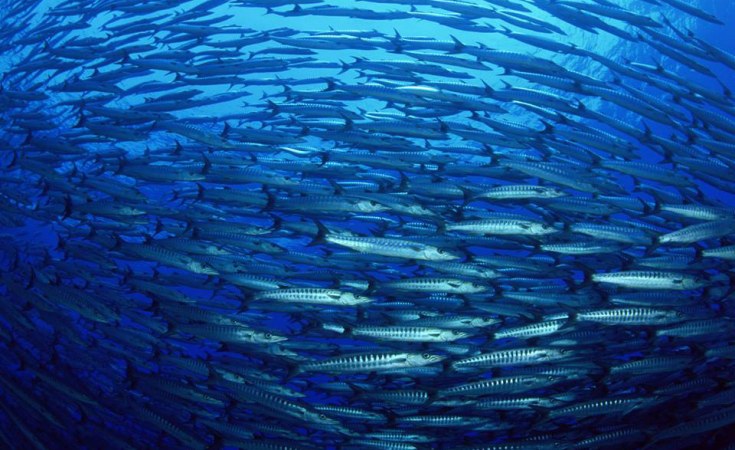BLUE economy is labeled as the next frontier for member states of the Southern African Development Community (SADC) and Tanzania is ready to throw its weight to reap the benefits.
Technical experts in the fields of environment, natural resources and tourism from the bloc meeting here since Friday have been discussing the matter and will later be deliberated by permanent secretaries from 16 member countries and eventually presented to ministers for decisions and instructions.
As a country, a member state and chair of SADC, Tanzania is strategizing to tap the opportunities, given the fact that it is endowed with a long coastline in the Indian Ocean, approximately 1,424 kilometres.
It also incorporates several offshore islands, including Unguja, Pemba, and Mafia.
Experts from different departments of the Tanzanian government hold the view that the country stands to benefit from such nature and it is ready to tap the opportunity for to unlock its potential and achieve sustainable development.
Environmental Officer with the Vice-President's Office, Mr Thomas Chali, says the meeting of officials from Angola, Botswana, Comoro, DRC, Eswatini, Lesotho, Madagascar, Malawi, Mauritius, Mozambique, Namibia, Seychelles, Tanzania, South Africa, Zambia and Zimbabwe will be discussing deeply, the Blue Economy Strategy.
They will also dwell on matters such as strategies to manage the environment in SADC as well as implementation of international agreements on environmental conservation and explore ways to get funds to effect strategic implementation of environmental conservation programs in the region.
The Director of the Regional Integration Department in the Ministry of Foreign Affairs and East African Cooperation, Ms Agnes Kayola, says that among other things, the meeting looks at environmental trends and climate change; identifying the implementation of conservation and environmental management strategies through the SADC Strategy on the Blue Economy; and assessing development in forestry, wildlife and tourism sectors.
Other areas include conservation programs that cross the border from one country to another in the areas of forests, fisheries, ecosystems and climate change; tourism; aquaculture and the SADC Trans-frontiers and Conservation Areas.
Others are forestry, fisheries, environment and climate change, tourism, regional aqua-cultural strategy and action plan; environment and climate change program.
Nine SADC member states are coastal and possess huge blue economy potential; they are Angola, the Union of Comoros, Madagascar, Mauritius, Mozambique, Namibia, Seychelles, South Africa and Tanzania.
A SADC Council of Ministers' meeting that took place from 15th to 16th March this year in Windhoek, Namibia, preceded by the Standing Committee of Senior Officials and the meeting of the Finance Committee endorsed that the Blue Economy issues be incorporated in the SADC documents.
Acknowledging the potential economic activities that can be reaped from the ocean, SADC agreed to work closely with member states with coastlines to identify key initiatives for the development of the Blue Economy concept in the Eastern and Southern region.
The SADC Coastal States requested the SADC secretariat to facilitate a dedicated forum to discuss maritime security with the view of mobilizing and leveraging additional resources from International Cooperating Partners for a regional project.


